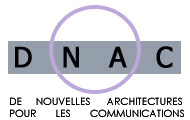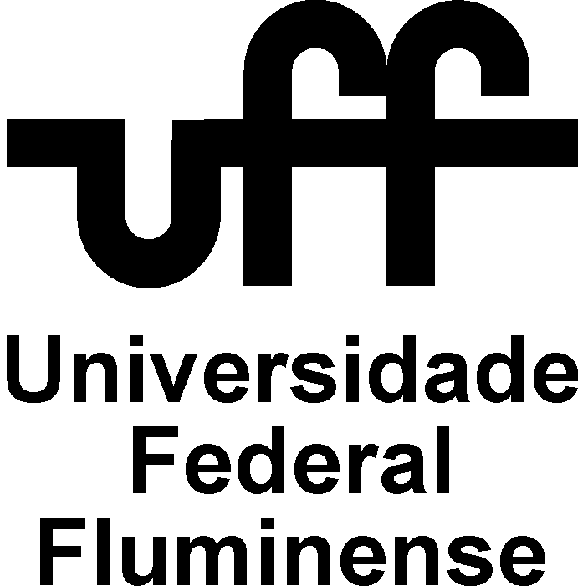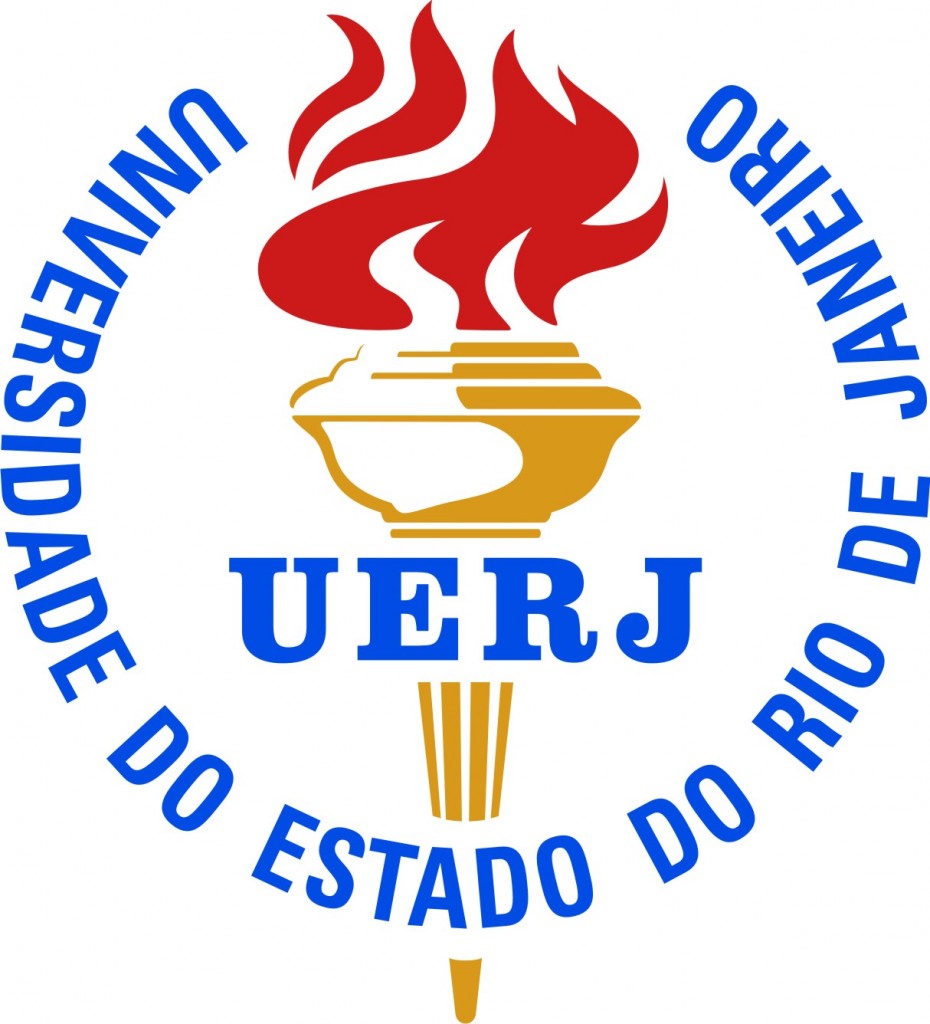October 25-27 2013 - Angra dos Reis, Rio de Janeiro, Brazil.

Keynote 1 - The Virtual Network
Guy Pujolle (UPMC/Institut Universitaire de France)
October 25th
Abstract: The goal of this presentation is to describe new concepts for Internet next generation : The Virtual Internet. This architecture is based on virtual networking with a piloting system able to optimise 1) the placement of virtual resources of a new virtual network, and 2) the urbanisation of virtual resource implemented on physical network equipment. This architecture deals with mechanisms capable of controlling automatically the placement of all virtual resources within the physical network.
In this presentation, we will describe how to create and delete virtual networks on the fly. Indeed, the system is able to create any new network with any kind of resource (e.g., virtual switch, virtual routers, virtual LSRs, virtual optical path, virtual firewall, virtual SIP-based servers, virtual devices, virtual servers, virtual access point, and so on). We will show how this architecture is compatible with new advances in High-Capacity Optical Networks, SDN (Software Defined Networking) and Open Flow approaches, and 4G networks.

Short bio: Guy Pujolle received the Ph.D. and "Thèse d'Etat" degrees in Computer Science from the University of Paris IX and Paris XI on 1975 and 1978 respectively. He is currently a Professor at Pierre et Marie Curie University - Paris 6, and a member of the Institut Universitaire de France. He spent the period 1994-2000 as Professor and Head of the computer science department of Versailles University. He was also Professor and Head of the MASI Laboratory at Pierre et Marie Curie University (1981-1993), Professor at ENST (1979-1981), and a member of the scientific staff of INRIA (1974-1979). Guy Pujolle is the French representative at the Technical Committee on Networking at IFIP. He is an editor for ACM International Journal of Network Management, Telecommunication Systems, and Editor in Chief of "Annals of Telecommunications". Guy Pujolle is a pioneer in high-speed networking having led the development of the first Gbps network to be tested in 1980. He was at the origin of several important patents like DPI or virtual networks. Guy Pujolle is co-founder of QoSMOS (www.qosmos.fr), Ucopia Communications (www.ucopia.com), EtherTrust (www.ethertrust.com), Virtuor (www.VirtuOR.fr), and Green Communications (www.green-communications.fr).
Keynote 2 - Big Data Hitchhiking
Marcelo Dias de Amorim (CNRS, France)
October 26th
Abstract: Offloading is a promising technique to help network operators face the continuous growth of data traffic. It allows extending network capacity while avoiding expensive infrastructure upgrades. We advocate the use of a data shuttle service model to offload bulk transfers of delay-tolerant data from the Internet onto ordinary vehicles equipped with data storage capabilities. We will also discuss a specific challenge toward this goal, which is how to select of the most appropriate roads between data sources and destinations. This leads to a combinatorial problem that becomes stubborn when using raw road maps. We simplify this problem by first proposing an embedding algorithm that computes an offloading overlay on top of the road infrastructure. We evaluate our proposal using actual road traffic counts in France. Numerical results show that we can satisfy weekly aggregate requests in the petabyte range while achieving throughputs above 10 Gbps in the case of 20% market share and only one terabyte of storage per vehicle.

Short bio: Marcelo Dias de Amorim is a research director at the National Center for Scientific Research (CNRS) and member of the computer science laboratory (LIP6) of UPMC Sorbonne Universités, France. He is also a permanent associate with the Laboratory of Information, Networking and Communication Sciences (LINCS). His research interests focus on the design and evaluation of dynamic networks. For more information, visit http://www-npa.lip6.fr/~amorim.
Keynote 3 - Robust Green and Ad Hoc Networks
Khaldoun Al Agha (Paris-Sud University, France)
October 26th
Abstract: Ad Hoc and Mesh networks face difficult environment to offer good communications. Indeed, interference, mobility and radio links provide often narrow bitrates and unstable links. In addition, devices are working on batteries and need to be low power. The talk introduces algorithms and mechanisms that offer stability and quality of service for ad hoc and mesh networks. Those algorithms are also low power with the function Start and Stop that turn off useless devices in the network. A demonstration of a Mesh Network with Raspberry PI embedded computers will be shown.

Short bio: Khaldoun Al Agha, is full professor at Paris-Sud University and CEO/Co-Founder of Green Communications. Khaldoun Al Agha received his habilitation degree (2002) from Paris XI University, his PhD (1998) and his Master degree (1995) from Versailles University and his engineering degree (1993) from the Ecole Supérieure d'Electricité (1993). Khaldoun Al Agha is a very active member at ICT Labs. From 2010-2013, he was leading the European action line "Digital Cities of the Future". In that action line, he was developing a new model, citizen-centric based to improve the urban environment. Khaldoun Al Agha is leading many projects on telecommunication networks and published more than 150 papers in journals and conferences.
Keynote 4 - QoE Augmentation Protocols for Cloud Networks
Stefano Secci (UPMC, France)
October 27th
Abstract: The increasing importance of network virtualization in telecommunications is becoming tangible for the common Internet user. It is not hazardous to state that most of Internet servers accessed today are hosted as virtual machines. It is not even hazardous to state that in a very close future most of these virtual machines will be moving nodes across data centers, cities, countries and continents, to meet resiliency goals and increase users' Quality of Experience (QoE). In this talk, we will describe the novel network protocols supporting such an evolution of moving virtual machines, with a particular focus on recent propositions to augment user's QoE in Cloud access. We will describe two realistic solutions and the related proof-of-concept showing how service downtime during VM migrations on very long distances across Brazil, Europe and Asia can be made negligible, and how user's application throughput can be significantly augmented by means of incremental and inexpensive functionalities to the existing TCP/IP architecture.

Short bio: Stefano Secci received the M.Sc. degree in communications engineering from Politecnico di Milano, in 2005, and a dual Ph.D. degree in computer science and networks from the same school and Telecom ParisTech, in 2009. He is an Associate Professor at the University Pierre and Marie Curie (UPMC - Paris VI), since 2010. Before, he worked as a Research Fellow at NTNU, George Mason University, Ecole Polytechnique de Montréal, and Politecnico di Milano, and as a Network Engineer with Fastweb Italia. His works mostly cover network optimization, protocol design, Internet routing and traffic engineering. His current research interests are about Internet resiliency and Cloud networking. http://www-phare.lip6.fr/~secci




